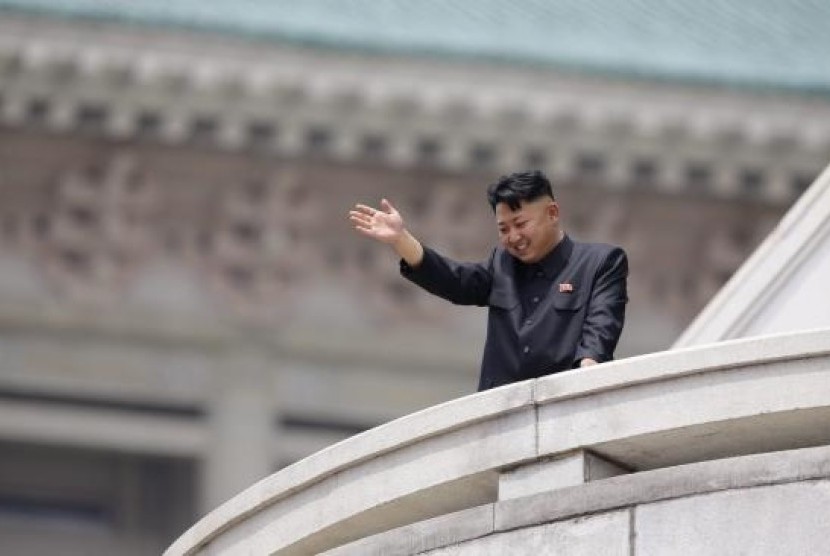REPUBLIKA.CO.ID, SEOUL - North Korea had developed sophisticated techniques to circumvent UN sanctions, including the suspected use of its embassies to facilitate an illegal trade in weapons, a United Nations report said.
It said North Korea was also making use of more complicated financial countermeasures that made the isolated country's purchase of prohibited goods more difficult to track.
The report, compiled by a panel of eight UN experts, is part of an annual accounting of North Korea's compliance with layers of U.N. sanctions imposed in response to Pyongyang's banned nuclear and missile programs. The panel reports to the UN Security Council.
"From the incidents analyzed in the period under review, the panel has found that (North Korea) makes increasing use of multiple and tiered circumvention techniques," a summary of the 127-page report said.
It said North Korean embassies in Cuba and Singapore were suspected of organizing an illegal shipment of fighter jets and missile parts that were seized on a North Korean container ship in Panama last July. Panama seized the Chong Chon Gang ship for smuggling Soviet-era arms, including two MiG-21 jet fighters, under thousands of tons of sugar. After the discovery, Cuba acknowledged it was sending "obsolete" Soviet-era weapons to be repaired in North Korea and returned to Cuba.
The North Korean embassy in Singapore could not be reached for comment while it was after hours in Cuba. Chinpo Shipping, a shipping firm that the report said was "co-located" with the embassy in Singapore, acted as the agent for a Pyongyang-based company that operated the vessel, and North Korean diplomatic personnel in Cuba arranged the shipping of the concealed cargo. A receptionist for Chinpo Shipping, reached by telephone, said the head of the company in Singapore was not available to comment.
The report also showed North Korea had gone to great lengths to obfuscate the origin of its merchant shipping fleet, and fostered a complicated corporate network outside the international financial system that it used to purchase both banned and permitted goods.
Under the UN sanctions, North Korea is banned from shipping and receiving cargo related to its nuclear and missile programs. The importation of some luxury goods is also banned, along with the illicit transfer of bulk cash.
The panel cited an example of an "unusually complex" transaction involving a contract by Air Koryo, the national carrier, to purchase new aircraft in 2012. It said 109 payments were structured through eight Hong Kong-registered companies, which asserted they were trading partners of Air Koryo and were wiring funds they owed it.
The purchase of civilian aircraft is not prohibited under UN sanctions, but some of the companies appeared to have been recently formed shell entities, the report said.


